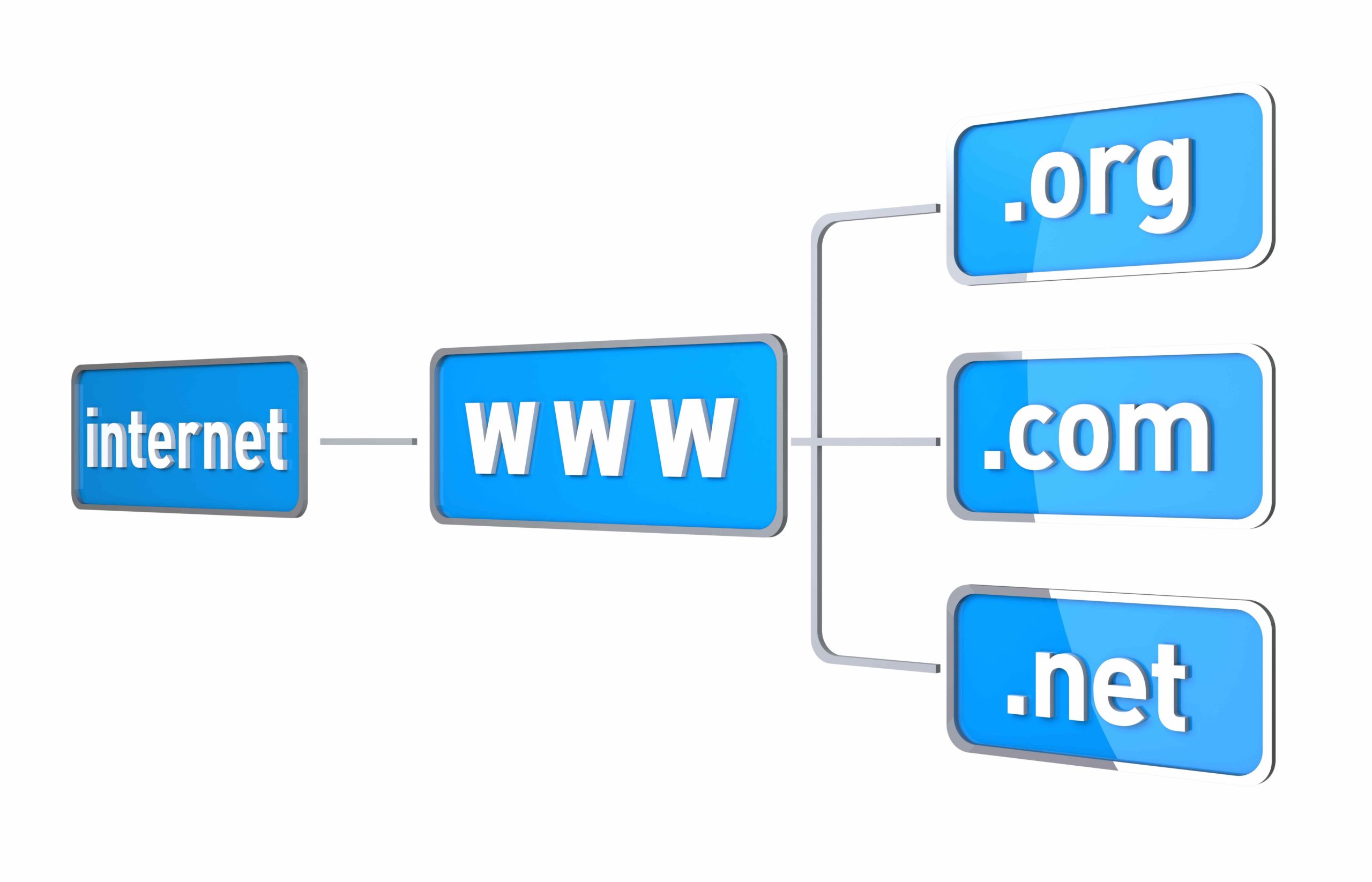
Many people ask if their domain name affects their Google rankings – and it’s a fair question.
In this article, we’ll explore the history of domain names as a ranking factor, Google’s stance on exact match domains, considerations for choosing a domain name, and more.
Join us as we uncover the mystery of domain names and their influence on SEO.
Key Takeaways
- Domain names used to be a ranking factor in search engines before 2012, with exact match domains (EMDs) containing keywords believed to boost rankings.
- Google’s algorithm has changed to reduce the influence of keyword domains, and domain names are no longer a direct ranking factor in 2021.
- Despite not directly impacting rankings, domain names still play a role in informing users about the brand and should accurately represent the brand.
- While domain names may not directly impact rankings, they still matter for branding purposes, user experience, and presenting the brand as professional.
Historical Perspective on Domain Names as Ranking Factors
Looking back at the history of domain names as ranking factors, you can see that they were once highly valued. Exact match domains (EMDs) containing keywords were believed to boost rankings. In 2011, Google realized it was giving too much weight to keywords in domain names and adjusted its algorithm accordingly.
Matt Cutts, a Google software engineer, addressed the debate surrounding domain names and their impact on rankings. He mentioned reducing the influence of keyword domains.
Now, Google’s stance is that domain names don’t directly influence rankings and that other factors like content quality, mobile responsiveness, and loading speed should be prioritized.
Our Verdict
We believe that the domain name is important, even though it doesn’t directly affect rankings. In our experience, we’ve seen instances where websites rank for words that are only in their name, not in their content, and without any optimization for those words or their variations.
There could be other reasons for this, such as brand and URL anchors – these are the most natural and common anchors. If there are keywords in the domain name, these keywords will be present in this type of anchors and will likely have an impact.
We believe that the domain name helps users and search engines to understand the website’s purpose better.
Considerations for Choosing a Domain Name
When choosing a domain name, it’s important to consider several factors.
A domain should accurately represent the brand and contain relevant keywords to convey the website’s niche or location.
Short and catchy domain names are easier to remember, while keyword-stuffed domains may not be effective.
A domain name may limit the brand’s potential but can also help you rank for a micro niche. For example, let’s say you plan to build a website for pets. If your domain name contains “dogs” or “cats,” it would be easier to rank for this specific category but would be harder to expand to other categories later. Going for a micro niche or building a broader brand in your niche – you must make this decision before you choose your domain.
TLD still matters, to some extent – go for TLDs with good reputations – sticking to the pets niche example, it would be weird if your domain name is dogs.io or dogs.casino, right?
Also, If searching for quality expired domains, you can look at the most popular domain marketplaces – SEO.Domains and Domain Coasters.
When to Change a Domain Name
Deciding when to change a domain name is an important consideration. It’s important to evaluate the current domain’s effectiveness in conveying the brand’s message to users. If the domain has been used for years and has built a strong reputation, it may be best to keep it.
However, for new companies, a domain that more accurately represents the brand and avoids being limited in the future should be chosen. Additionally, high-quality content, mobile responsiveness, and loading speed should be prioritized over keyword optimization.
Importance of Domain Names
Frequently, domain names are important for branding purposes. They can inform users about the website’s purpose and present the brand in a professional manner. Short and memorable domain names are beneficial for user recall.
It’s best to avoid previously registered domain names, as they may have been penalized by search engines. Although domain names aren’t directly impacting rankings, they can still play a role in SEO. Including relevant keywords can attract converting audiences and help users better understand the brand.
Making sure your chosen domain is memorable and relevant will help customers easily find you and keep them coming back for more.
Read more info here.
Debated Google Ranking Factors
Domain history is one factor that has been up for debate. Some analysts suggest that the past of a domain can affect its SEO score, while others disagree. It’s difficult to know for certain as Google doesn’t reveal its algorithms.
However, it’s possible to conduct website experiments and analyze the data to make informed decisions. This can help identify effective strategies to optimize a website’s performance and boost rankings.
Although the impact of domain history on SEO is still debated, it’s important to stay updated and continuously test and refine website elements.
Frequently Asked Questions
What Is the Impact of Changing My Domain Name on My SEO?
Changing your domain name can affect your SEO, so be mindful of the process. Creating 301 redirects can help minimize any negative impacts. The domain name is just one part of SEO – focusing on backlinks, user experience and content quality are more important for ranking.
How Do I Know if a Domain Name Is Trusted?
You can identify a trusted domain name by researching its history. Look for any black-hat SEO practices or spammy link-building. Use tools like Wayback Machine, domain lookup tools, blacklist check tools, and SEO tools to gather information.
Does the Length of My Domain Name Affect Seo?
Yes, the length of your domain name can have an impact on SEO. Shorter names are easier to recall, while longer ones can be harder to remember. Keep it concise, but also ensure it accurately represents your brand. Avoid keyword stuffing, and consider using a branded domain to stay credible.
Conclusion
Choosing the right domain name for SEO can be the difference between success and failure online. It’s important to weigh the pros and cons of different domain names before committing to one.
Plus, the impact of domain names on SEO can’t be overstated — studies have shown that domain names can influence search engine rankings by up to 40%.
With so much riding on the success of your website, it pays to do your research and pick a domain name that will help you achieve your goals.

































































